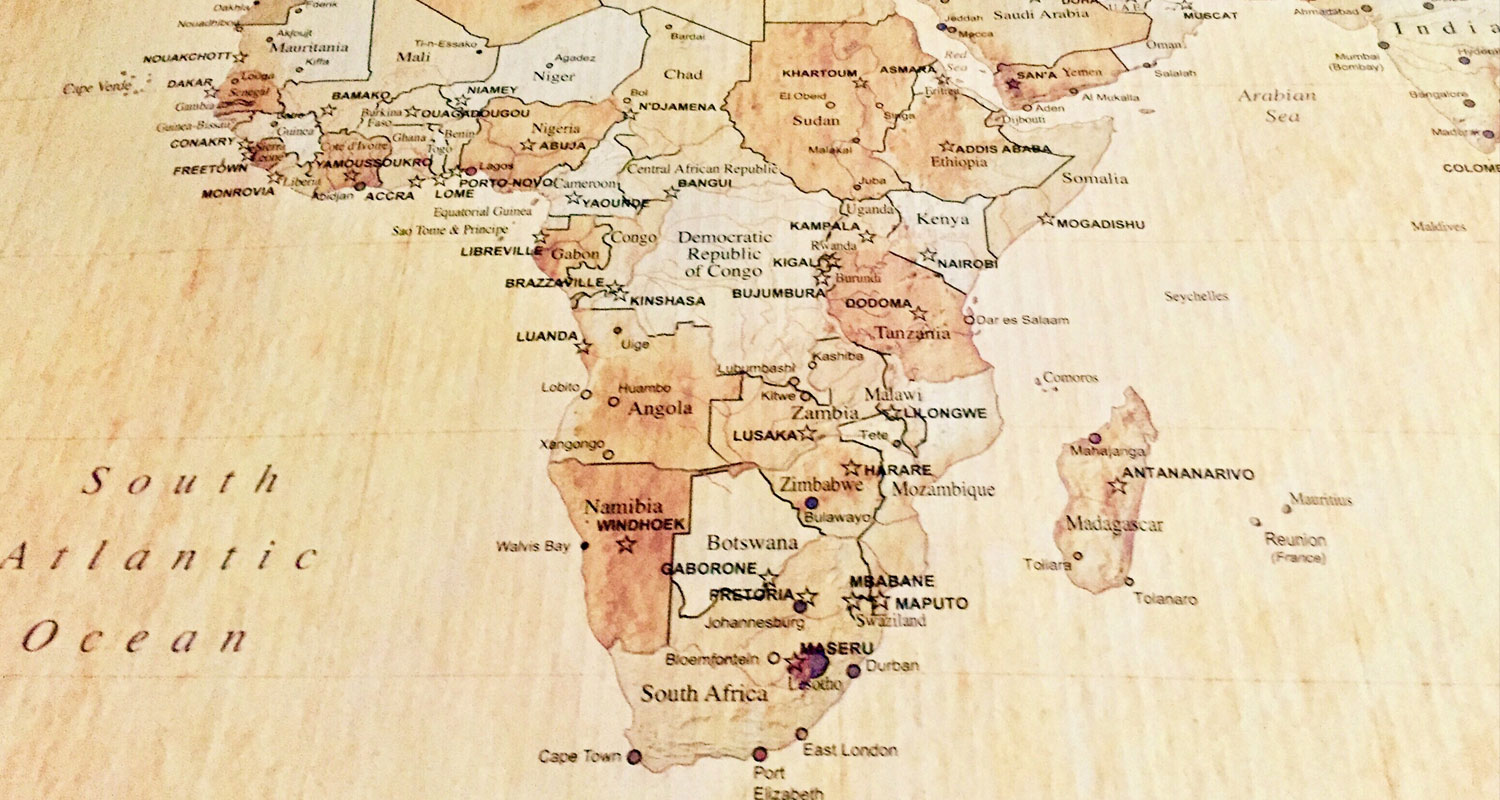MTN Group plans to build a R6-billion terrestrial fibre cable to connect 10 countries in Africa.
To check which websites have access to your Gmail account, go to the Google Security page and select "Apps with access to your account". Here you will see a list of all the websites and apps that have access to your account. To remove access, select the website or app and click the "Remove Access" button. You can also revoke access to all websites and apps at once by selecting the "Revoke All" button.
MTN Group plans to build a R6-billion terrestrial fibre cable to connect 10 countries, as telecommunications companies push to expand service to Africa’s growing population.
The Johannesburg-based firm, through its MTN GlobalConnect unit and the Africa50 infrastructure investment agency, will start building the East2West link in the fourth quarter, MTN said in a statement. The project will add about 20 000km of new cable and interconnect over 100 000km of fibre, it said.
For MTN, the deal follows its recent venture to land Google’s Equiano subsea cable in Cape Town late last year as part of a push to connect African countries to Europe and the Middle East. While the undersea systems bring fast broadband to coastal cities, inland cables are needed to connect landlocked countries.
Wireless carriers in Africa are increasingly investing in infrastructure as they seek to make money from services offered on their networks. MTN is in the process of carving out its infrastructure wholesale firm GlobalConnect, which is being rebranded as Bayobab, and plans to roll out a total of 135 000km of fibre by 2025, generating as much as R19-billion in revenue.
Africa needs at least 500 000km more fibre, according to MTN. Wireless operators and US technology giants including Google and Meta Platforms are also heavily investing in efforts to provide better connections to the continent’s young, fast-growing and tech-savvy population.
The new MTN pipes will be constructed in three phases and run through countries including Kenya, Nigeria and Congo. The fibre will significantly speed up services such as video streaming and cloud computing once completed, with the last stage expected to be ready in 2025. — (c) 2023 Bloomberg LP

Comments
Post a Comment